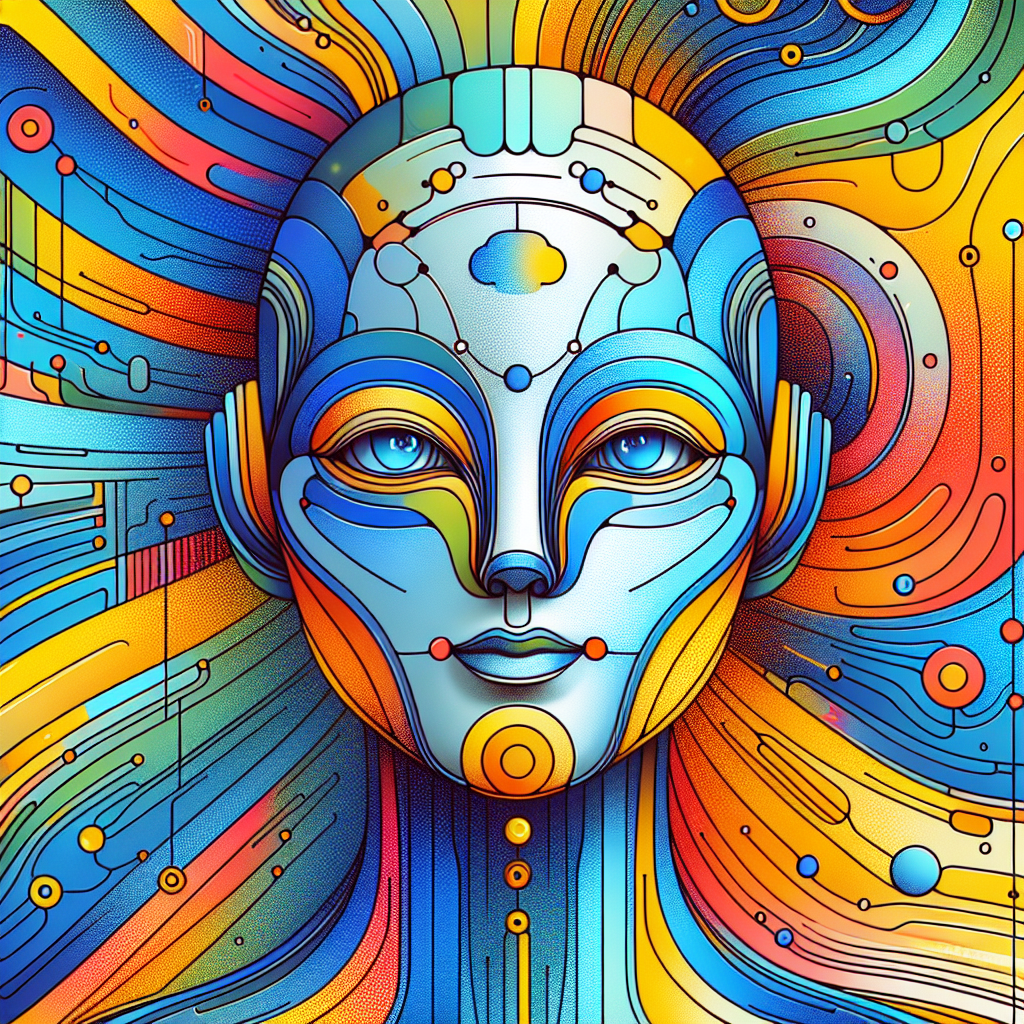 According to a study conducted by UserTesting, around 52% of American adults have sought assistance from large language models (LLMs) for healthcare insights, diagnoses, and treatment recommendations. This indicates that Americans are increasingly relying on Artificial Intelligence (AI) in the healthcare sector. The study further revealed that 42% of respondents used AI for understanding medical conditions and symptoms, while 29% used it for researching treatment options. Additionally, 25% of participants sought AI’s advice to assess the severity of their symptoms before visiting a healthcare professional.
According to a study conducted by UserTesting, around 52% of American adults have sought assistance from large language models (LLMs) for healthcare insights, diagnoses, and treatment recommendations. This indicates that Americans are increasingly relying on Artificial Intelligence (AI) in the healthcare sector. The study further revealed that 42% of respondents used AI for understanding medical conditions and symptoms, while 29% used it for researching treatment options. Additionally, 25% of participants sought AI’s advice to assess the severity of their symptoms before visiting a healthcare professional.
The survey also explored the trust factor associated with AI in healthcare. It highlighted that 63% of respondents trust AI-generated recommendations for basic medical conditions like colds and flu, whereas 57% trust AI for complex health issues such as mental health, allergies, or chronic conditions. However, trust levels varied based on the demographic factors, with younger respondents expressing more trust in AI than older ones.
One interesting finding was that respondents were more likely to trust AI when it provided explanations for its recommendations. About 68% of participants felt more comfortable when AI explained its diagnoses or treatment suggestions.
The study’s results suggest that Americans are becoming more open to incorporating AI in their healthcare decisions and are increasingly trusting AI-generated recommendations. As AI technology continues to advance, it has the potential to revolutionize the healthcare sector by providing quick and accurate insights, diagnoses, and treatment recommendations. However, it is essential to maintain a balance between AI and human healthcare professionals to ensure patient safety and well-being.
Hot take: As Americans continue to embrace AI for healthcare purposes, we might soon witness a significant shift in the dynamics between patients and healthcare providers. While AI can provide quick and efficient recommendations, it should not completely replace the expertise and empathy of human doctors. A harmonious collaboration between AI and healthcare professionals can lead to improved patient care and medical outcomes.


